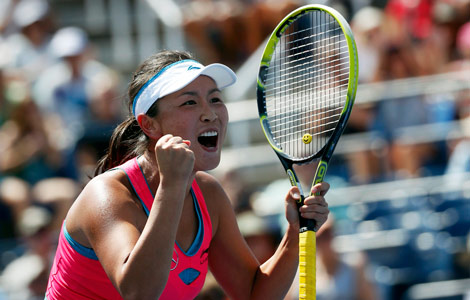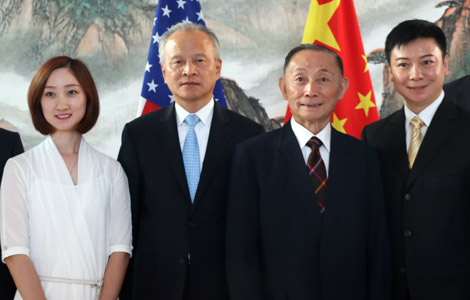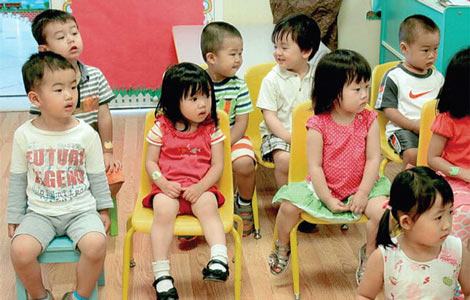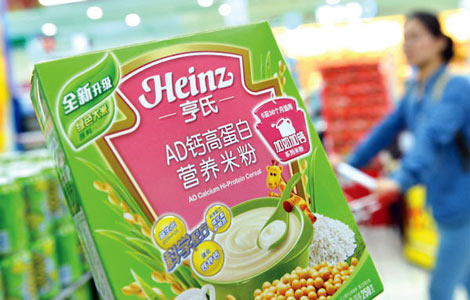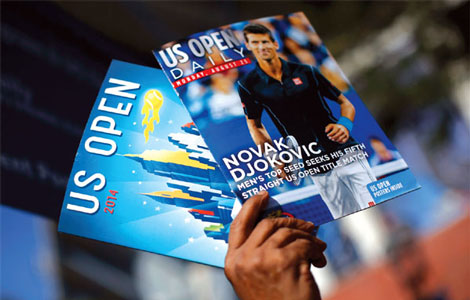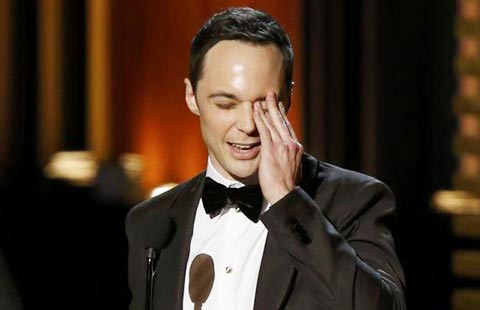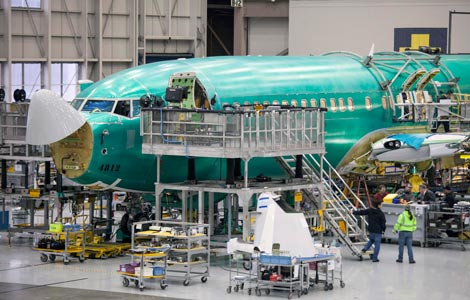Tuhao joins a wealth of modern words
Updated: 2014-08-28 06:58
By Zhao Xinying(China Daily)
|
||||||||
The Chinese word tuhao, a popular expression used by netizens to refer to people with great wealth who spend money freely, has been included in a newly revised dictionary, triggering controversy among language experts.
The word referred originally to landlords living in rural areas who had a lot of money, land and power and who often bullied others.
In the modern context, it also refers to people who have a great deal of money, but who are lacking in education or correct values, according to the third edition of the Standard Dictionary of Modern Chinese, which has been released in Beijing.
Zhang Yisheng, director of the Language Research Institute at Shanghai Normal University, has been researching popular online words, including tuhao.
He doesn't agree fully with the definition given by the dictionary, saying that tuhao can be interpreted as "someone who has a lot of money but can't follow trend and in consequence speaks or behaves in an outdated way that is inappropriate, considering their wealth and social status".
"Controversy has arisen over the accurate meaning of the word in a modern context, and we should have more discussions and suggestions," he said.
But Zhang is glad to see an increasing number of popular online words entering formal dictionaries.
Yang Erhong, a professor at Beijing Language and Culture University who researches media language, is more cautious about popular online words appearing in dictionaries.
"Online words such as tuhao are used widely among young people, while dictionaries are for people of all ages," she said. "Children and old people may have difficulty understanding the meaning without the Internet context."
The Standard Dictionary of Modern Chinese was compiled in the 1990s and first published in 2004 to implement the national standard for Chinese language and characters and to guide teachers and students to master the language and characters.
The latest edition, compiled with support from the National Language Committee, is the dictionary's third revision and contains more than 12,000 Chinese characters, 72,000 words and expressions and more than 80,000 examples and illustrations.
It also includes more than 100 new items and expressions that appear frequently in Chinese media and which are treated as reflections of modern life in China.
These include Weixin (Tencent's WeChat app), shilian (out of contact), zhengnengliang (positive energy) and tucao (make complaints).
zhaoxinying@chinadaily.com.cn
Most Viewed
Editor's Picks

|

|

|

|

|

|
Today's Top News
China and US in talks on code of conduct
Chicken market gets a boost
Microsoft 'not fully open with sales data'
Lawmakers in move to tackle espionage threat
Director turns 'green' making film
Airplanes' skirmish still debated
Mugabe a frequent visitor to China
Australian MP apologizes for insulting Chinese
US Weekly

|

|
